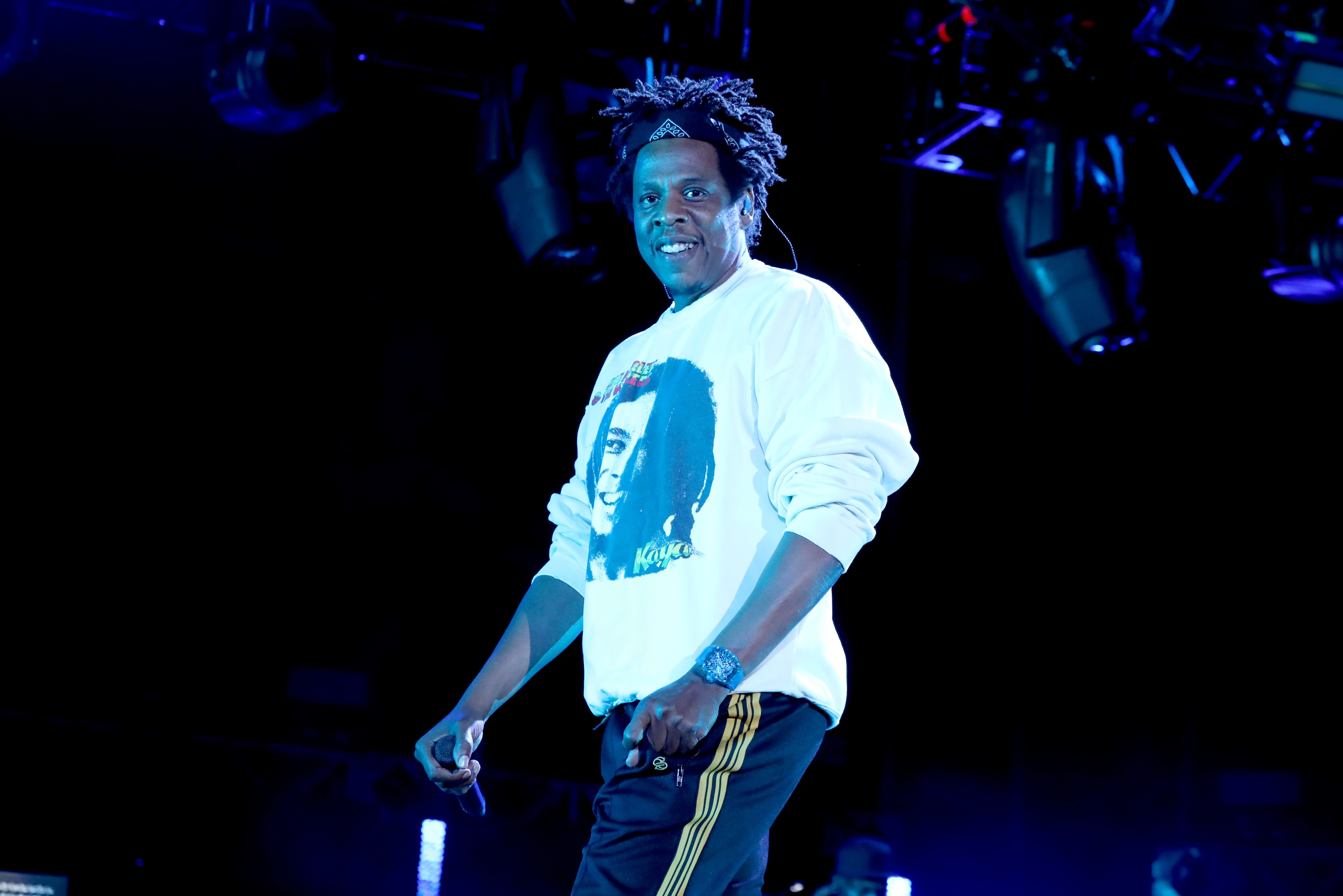The Rock and Roll Hall of Fame announced its 2021 class of inductees this morning, with Jay-Z, Tina Turner, Foo Fighters, Carole King, the Go-Go’s and Todd Rundgren all joining its ranks. But with the hip-hop legend receiving the honor and becoming the eighth rap act to be inducted, it begs the question: is it finally time for the Cleveland institution to acknowledge that it represents more than rock and roll and change its name?
The Hall of Fame itself seems to have abandoned the charade, going out of its way to avoid actually describing the music of this year’s crop of inductees as “rock” in its official statement.
“This diverse class of talented Inductees reflects the Rock Hall’s ongoing commitment to honor artists whose music created the sound of youth culture,” John Sykes, chairman of the Rock & Roll Hall of Fame Foundation, said. “It will make for an unforgettable live celebration of music in October at this year’s Induction Ceremony in Cleveland.”
“The sound of youth culture” is, of course, a vague and all-encompassing euphemism for “the entirety of popular music,” so why not finally fully embrace all genres and change the name to something broader, like the Music Hall of Fame? In recent years, Rock Hall voters have done their best to push back against the long-held notion that the institution only honors aging white men; after decades of calls for more women and people of color to be inducted — including in 2019, when Janet Jackson capped off her acceptance speech by stating simply, “Induct more women” —Whitney Houston and the Notorious B.I.G. were inducted last year, and this year’s nominees include more women in a single year than ever before, with three female acts making the cut. There’s still plenty of work to be done, of course, but it’s a step in the right direction. More diversity, however, also means a wider variety of genres represented in the Hall, and while we’re all for more inclusion, it feels a little odd to bring them all in under the “rock” banner that doesn’t really apply to them.
The thing is, the Rock and Roll Hall of Fame has never been solely about honoring rock artists. Whether it’s disco groups like ABBA (class of 2010) or the Bee Gees (1997); hip-hop icons like Beastie Boys (2012); soul legends like James Brown (1986), Sam Cooke (1986), Aretha Franklin (1987) and Marvin Gaye (1987); country artists like Johnny Cash (1992); jazz greats like Miles Davis (2006); pop stars like Madonna (2008); or girl groups like The Supremes (1988), there have always been inductees whose music can’t accurately be described as “rock.” But by keeping the “Rock and Roll Hall of Fame” name, the Hall continues to present them as exceptions to the rule; wouldn’t a more all-encompassing name encourage voters to embrace a wider spectrum of nominees? As long as they stick with the pretense that the institution is solely meant to honor “rock” musicians, there’ll be purists whining about Whitney Houston and Jay-Z getting in.
We tend to think of the Rock and Roll Hall of Fame as being dominated by white men — because for many decades it was — but it’s important to remember that the genre was created by Black musicians and subsequently appropriated. There’s still plenty of work to be done when it comes to honoring and preserving the oft-forgotten legacies of the Black pioneers of the genre, but misidentifying Black inductees whose music has nothing to do with rock music isn’t the way to do it. What better way to embrace diversity than to ditch the restrictive name and send a clear signal that artists of all stripes are worth celebrating?
This article was featured in the InsideHook newsletter. Sign up now.
